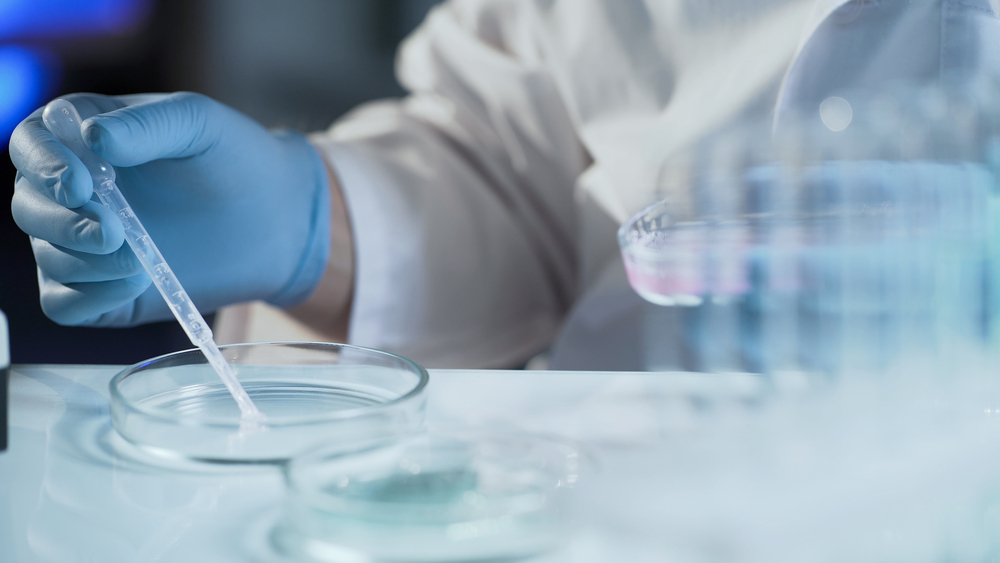As a first timer, it’s difficult to know what to expect from IVF and know how long the process could take. While it varies and is dependent on the clinic that you visit, there are 7 main steps in the IVF process. Here they are to help you gain a clearer understanding of what it entails.
Step 1: Suppression
It sounds like a strange concept but sometimes to give a round of IVF the best chance possible you will start by suppressing your menstrual cycle and for this you will be asked to take a daily injection or a nasal spray. Whichever that is, you will need to be consistent in taking it for around 2 weeks. However, most IVF cycles proceed without this suppression stage.
Step 2: FSH
You will also be asked to take FSH (follicle stimulating hormone) so that you are able to mature more eggs. This will give the clinic a greater selection to choose from and work with, increasing the chances of success.
Step 3: Human Chorionic Gonadotrophin (hCG)
Throughout the process you will be monitored to ensure that everything is okay. That includes vaginal ultrasounds to keep an eye on your ovaries and blood tests in some cases.
You will also be given a hormone called Human Chorionic Gonadotrophin (hCG) to mature your eggs.
Step 4: Egg Collection
The clinic will then collect the eggs when you are ovulating using a needle that’s inserted into each ovary through the vagina. You will be sedated for this but may feel discomfort. After around 15 to 20 minutes, the procedure will be done and following, you may experience cramps and vaginal bleeding.
Step 5: Sperm Collection
Nearer the time of the egg collection, a sperm collection will be needed. These are washed and spun to ensure that the best can be identified and selected. If you have opted for a sperm donation, the sample will be thawed.
Step 5: Fertilisation
This is the stage where the lab can mix the two by injecting sperm into each individual egg to create embryos (fertilised eggs). They are grown in the lab for up to 6 days before the best are selected and transferred into the womb.
After egg collection the lining of the womb will need to be supported to maintain the embryo(s) and this is done by taking hormone medication for up to 12 weeks. There are a few different forms that you can take. A pessary that’s placed inside the vagina, gel, or an injection.
Step 5: Transferring the Embryo(s)
It can be a long process getting to this point and for a single cycle it can take up to 6 weeks.
A tube known as a catheter is used for the transfer and is inserted through the vagina and cervical canal into the womb. This process can be likened to the initial egg collection or a cervical screening. The number of embryos that are transferred solely depends on your circumstances and will be decided on prior. Where it has a good chance of success, we recommend a single embryo is transferred. Any embryos that are left over at this point can be frozen and used for another round in future.
Step 6: Taking a Test
You will be asked to wait 2 weeks before taking a pregnancy test. Some clinics may allow you to do this at home using a simple pregnancy test while others may ask you to attend a blood test to confirm. If the pregnancy test is positive it is confirmed about 2 weeks later with an ultrasound scan; this is the earliest point that a fetal heartbeat can be detected and it is called a clinical pregnancy. It is normal to feel anxious during this time as there are many hopes and fears that you may have. Speaking to a councillor can offer support and is highly recommended.
Step 7: Antenatal Care
If you do become pregnant, your antenatal care will begin, and you will be monitored throughout your pregnancy.
Unsuccessful Attempts
Unfortunately, there is a chance that IVF won’t work for you the first time as it does in many cases. It’s important to remember that it’s not your fault and that there are other options like frozen embryo transfers as mentioned earlier. Counselling can help you through this difficult time and when you are ready, your fertility clinic will be able to help you to try again.
Contact us to learn more about our fertility treatments and IVF.

